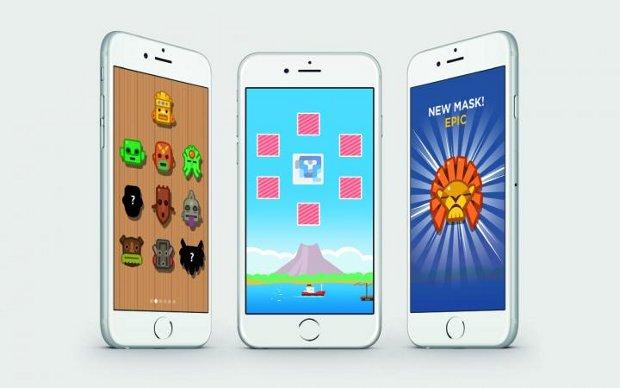A report published in today's issue of the journal Philosophical Transactions of the Royal Society B describes a brain-training app that promises to improve schizophrenia symptoms.
The iPad game, developed by a team of researchers at the University of Cambridge in the UK, is not meant as a treatment for hallucinations, delusions and other psychotic symptoms. At least for now, medication is still the best treatment option for these manifestations of schizophrenia.
Rather, the app was created in an attempt to tackle cognitive impairment in schizophrenia patients. As explained by the University of Cambridge team, it was designed to improve memory.
The scientists say that, although the psychotic symptoms of schizophrenia are all too well researched and pharmaceutical treatments for them have long been developed, the cognitive impairment that also correlates with this mental disorder is yet to be properly dealt with.
Not wanting to have patients be prescribed new drugs meant to address this often ignored symptom, the researchers instead turned their attention to improving their memory by means of computer-assisted training and rehabilitation.
“We need a way of treating the cognitive symptoms of schizophrenia, such as problems with episodic memory, but slow progress is being made towards developing a drug treatment,” said specialist Barbara Sahakian in an interview, as cited by EurekAlert.
The app took months to develop
The iPad game designed and developed by the University of Cambridge team and their collaborators is called Wizard. It took 9 months to put together and covers 4 weeks of training. The researchers price is at £10.99 (€15.62 / $17.16).
The app aims to improve the episodic memory of schizophrenia patients, described by the researchers as the type of memory we rely on to remember details like where we left our keys or where we parked our car. The scientists say that this cognitive function is among the first affected by the mental disorder.
The game is basically a narrative allowing the player to choose their own name and character, and then move on to solving various tasks. In a trial, 22 schizophrenia patients were asked to play the game for a total of 8 hours over a 4-week period, in addition to taking their usual medication.
Once the 4 weeks were done, the volunteers had their memory tested and were found to display considerable improvement in their episodic memory. Besides, when asked what they thought of the game, they described it as fun. So much so that some played it for more than the assigned 8 hours.
“This proof-of-concept study is important because it demonstrates that the memory game can help where drugs have so far failed,” specialist Barbara Sahakian commented on the trial's outcome.
The researchers now wish to roll out a new series of experiments involving a larger group of volunteers and try to determine whether the game does, in fact, improve episodic memory in schizophrenia patients enough to actually benefit their day-to-day life.

 14 DAY TRIAL //
14 DAY TRIAL // 

